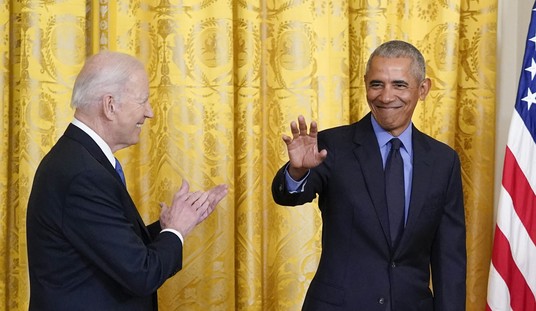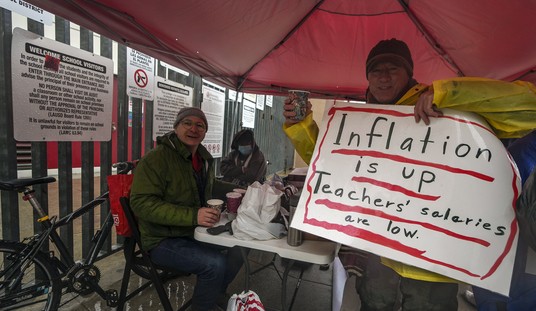Here’s a novel idea: let’s stop subsidizing Big Sugar. Maybe if the government wouldn’t intervene in the agriculture sector, inducing sharp increases in the price of commodities, many of the 46 million people on food stamps would be able to afford food.
Then again, why would liberal politicians abrogate their source of political power? They stand to benefit from subsidizing rich sugar farmers and keeping 15% of the country dependent upon the government for food. The calculus of socialism dictates that a permanent dependency constituency + special interest money = perennial power.
Yesterday, the Senate voted to kill two amendments to the 1,000-page $969 billion farm bill (S.3240). One amendment would restore the free market to a sector of the agriculture economy; the other would decrease the food stamp rolls. The first amendment, which was actually sponsored by Democrat Jeanne Shaheen, would gradually phase out sugar subsidies. Believe it or not, since 1980, the federal government has been funneling billions of dollars to a few thousand rich sugar farmers through a complex system of price supports. Much like the ethanol boondoggle, the Feds also protect sugar cane and sugar beet farmers with restrictions on imported sugar.
Aside for the wasted taxpayer dollars on corporate welfare, our absurd sugar policy has increased the cost of food for households and food processors almost as severely as the ethanol subsidies jacked up the cost of corn and other food commodities. As Mike Bloomberg will tell you, sugar is in almost everything we eat. Hence, our convoluted sugar policy is nothing more than a regressive and redistributive tax on consumers.
Like every government intervention, the sugar industry has a powerful lobby ensuring that the money keeps flowing and the prices remain high. The Heritage Foundation points out that “Sugar accounts for just 1.9 percent of the value of total U.S. crop production, but sugar producers fund 55 percent of crop-related political action committee (PAC) donations and 34.2 percent of crop-related lobbying expenses.” Crony capitalism is an expensive commodity indeed.
Not surprisingly, those special interests hold special sway over many members. The Shaheen amendment represented a true opportunity for the much-acclaimed display of bipartisanship, yet it was defeated 50-46. 32 Democrats and 16 Republicans voted to table (kill) the amendment.
Obviously, all this government intervention on behalf of Big Ag special interests – from ethanol and soybean welfare to sugar subsidies – has spiked the cost of food commodities, despite the great abundance of food in this country. That’s where the other hand of government swoops in with perpetual handouts that condemn millions of people to a life of dependency with no end in sight. One of the hallmark statistics of this administration is the increase of Food Stamp rolls from 27 million to 46 million, costing over $80 billion per year. The 10-year baseline spending on Food Stamps and other nutrition programs in this bill is $772 billion.
In an effort to slow the trajectory of dependency on the Food stamp program, Senator Rand Paul proposed the second amendment of the day. His amendment would block grant the programs back to the states and follow some of the reforms of the successful welfare reform of the ‘90s. It would save $280 billion. This amendment was also tabled 65-33, with every Democrat and 13 Republicans voting to kill it.
So there you have it. We’ll continue subsidizing rich special interests and perpetuating poverty and dependency.
This is just the tip of the iceberg. Over the next month, the farm bill will serve as ground zero for the fight over limited government and free markets.
Cross-posted from The Madison Project














Join the conversation as a VIP Member